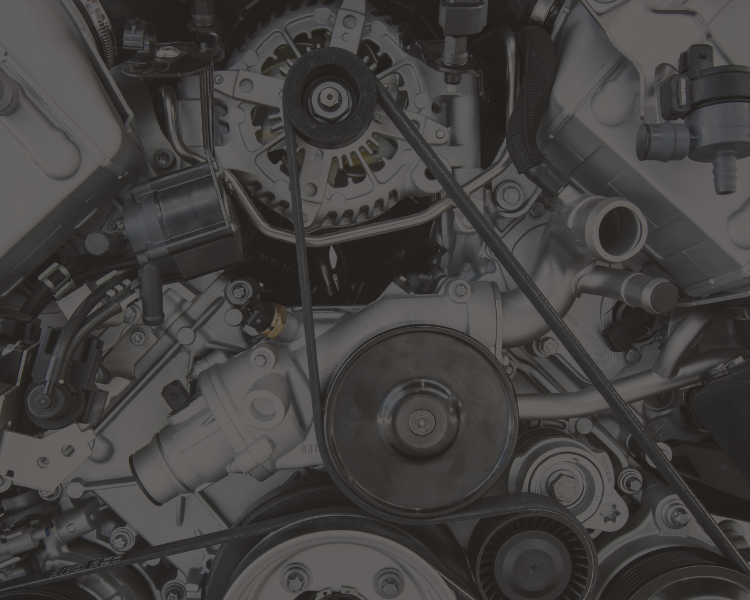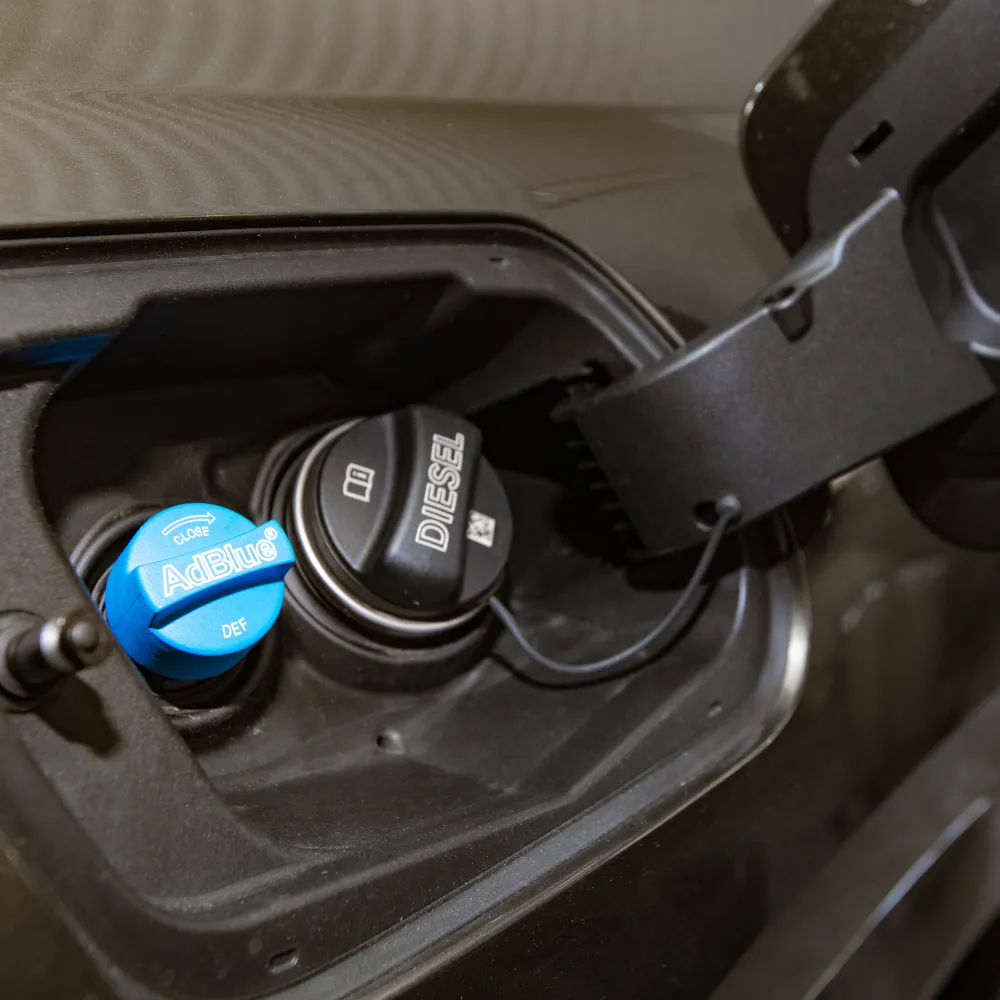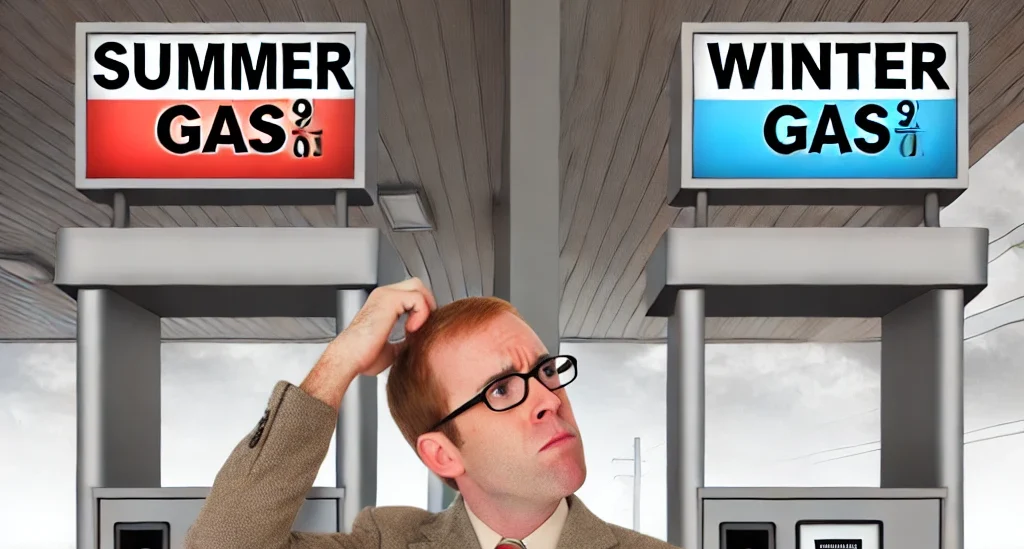What Is the Difference Between Summer and Winter Gas?
If you’re even aware (most are not, so if you are, good on you!) that there’s a distinction between summer and winter fuel, it may seem to you that the only real difference between summer and winter gas is the price. That is, summer fuel is generally more expensive than winter fuel. But this price increase isn’t just a reflection of how much people are driving. There are actually real differences between summer blends and winter blends of gas.
Let us explain.
The main difference between summer and winter gas is that winter gas has a high Reid Vapor Pressure, or RVP. Gas with a higher RVP evaporates more quickly at a given temperature. This works out fine during cold weather, because higher-RVP gas doesn’t need higher temperatures to evaporate, so you should generally have no problem starting the engine and having it run smoothly in the winter.
In the summer, however, this gasoline blend can evaporate too rapidly, resulting in increased unhealthy emissions, which are bad for the environment. On the plus side, the summer blend, while more expensive to produce, does result in slightly better gas mileage.
Controlling the Quality of Your Gasoline in Summer and Winter
You cannot choose whether to get winter or summer blend gasoline. Which type of gasoline is available and when is a matter of state and federal guidelines. You may notice that for a brief period during the spring and fall, gas prices seem to skyrocket. This is due to reduced supply as gasoline distributors switch from one blend to the other.
While you cannot control when you put summer and winter fuel in your car, you can control the purity of the gas you put in by including the right fuel additives. For a complete approach to maximizing the efficiency of the gasoline you put in your car, we recommend the Rislone Complete Gasoline Fuel System Treatment if you drive a gasoline car, and the Rislone Complete Diesel Fuel System Treatment if you own a diesel vehicle. These treatments not only improve the quality of your gas, but also help clean fuel injectors and keep them clean while helping your entire fuel delivery system, which may have become degraded by poorer-quality seasonal gasoline.
To try the Rislone Complete Fuel System Treatment (gasoline or diesel) and other industry-proven Rislone additives, find a Rislone products dealer near you now.
Have questions about our product, its formulation, or what you can expect from it? Hit us up on Facebook, or contact us via our website. We have a dedicated QA/Customer Support team who will be happy to help you out.




